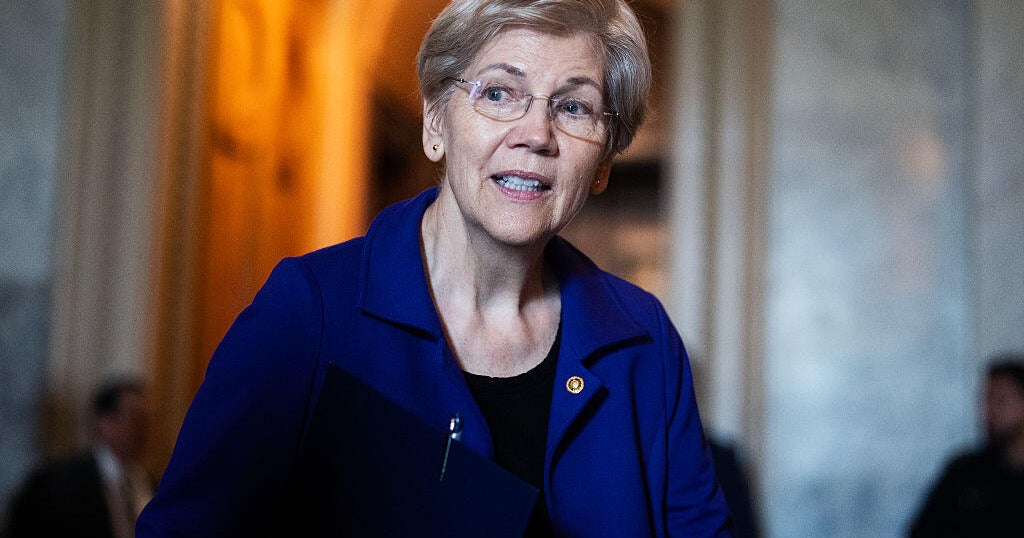Albanese's Super Tax Shake-Up: What It Means for High-Balance Savers and the Election Battle
2025-06-09

Daily Mail
Prime Minister Anthony Albanese's government is proposing a significant change to superannuation tax rules, aiming to impose an additional 15% tax on earnings for superannuation balances exceeding $3 million. This bold move is designed to generate revenue and potentially sway voters ahead of the next election. But what does it actually mean for high-balance savers, and will it achieve the government's goals?
The Core of the Proposal
The proposed policy targets those with substantial superannuation savings. Specifically, it introduces a 15% tax on investment earnings for balances exceeding $3 million. This is in addition to the existing 15% contribution tax and any other applicable taxes. The government argues this is a fair measure, ensuring that high-income earners aren't unduly benefiting from tax concessions on large superannuation holdings.
Who Will Be Affected?
While the $3 million threshold seems high, it's surprising how many individuals exceed it. Estimates suggest around 4% of superannuation fund members, representing a relatively small number of people, will be impacted. These are typically individuals with significant accumulated balances, often those who have benefited from long periods of strong investment returns. It's important to note that the tax applies to *earnings*, not the overall balance itself. So, if your balance is above $3 million, only the investment income generated above that level will be subject to the additional tax.
Government's Rationale and Potential Benefits
The Albanese government frames this policy as a matter of fairness and fiscal responsibility. They claim it will generate significant revenue for the government, which can be used to fund other priorities like healthcare and education. Beyond revenue generation, the government hopes to gain political traction. By targeting high-balance earners, they aim to portray themselves as a government that is focused on addressing inequality and ensuring that the superannuation system is working for all Australians, not just a select few. The move is particularly aimed at appealing to younger voters who are often concerned about wealth distribution.
Criticisms and Potential Drawbacks
The proposal hasn't been without its critics. Some argue that it discourages long-term saving and investment, potentially impacting the overall pool of capital available for investment in the economy. Others contend that it's a complex and potentially inefficient way to raise revenue, with the risk of unintended consequences. There's also the argument that those with large super balances have often worked hard and diligently to accumulate their savings, and this policy unfairly penalizes them. Industry experts have also raised concerns about the administrative burden of implementing and enforcing this new tax.
Impact on Investment Strategies
For those affected, the policy may prompt a review of their investment strategies. Some might consider strategies to reduce their superannuation balance below the $3 million threshold, such as making withdrawals or consolidating multiple accounts. Others may seek to shift their investments towards lower-yielding assets to minimise the impact of the additional tax. Seeking professional financial advice is crucial for anyone considering these options.
The Political Landscape
The announcement of this policy has injected a new dimension into the political debate. The opposition is likely to scrutinise the proposal closely and potentially offer alternative solutions. The success of the policy will depend on its ability to withstand scrutiny and garner public support. It's a high-stakes gamble for the Albanese government, with the potential to either solidify their position or become a political liability.
Looking Ahead
The proposed super tax changes are likely to be debated extensively in the coming months. Whether they become law, and what form they ultimately take, remains to be seen. However, it’s clear that this policy represents a significant shift in the government's approach to superannuation and a bold attempt to win over voters. It's a development that all Australians with substantial superannuation savings should pay close attention to.






